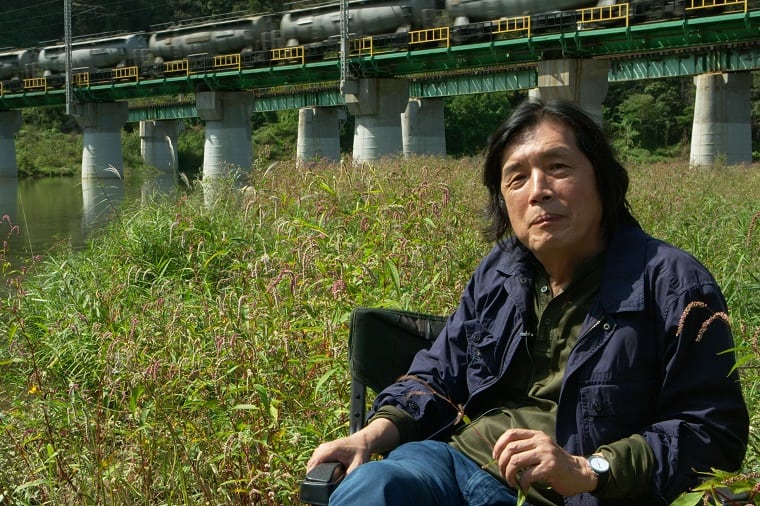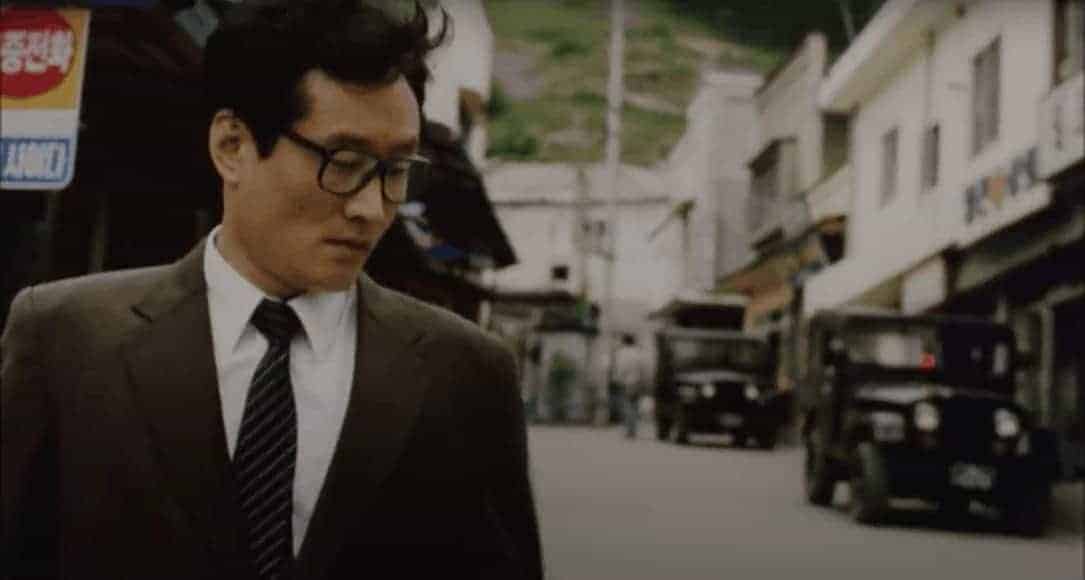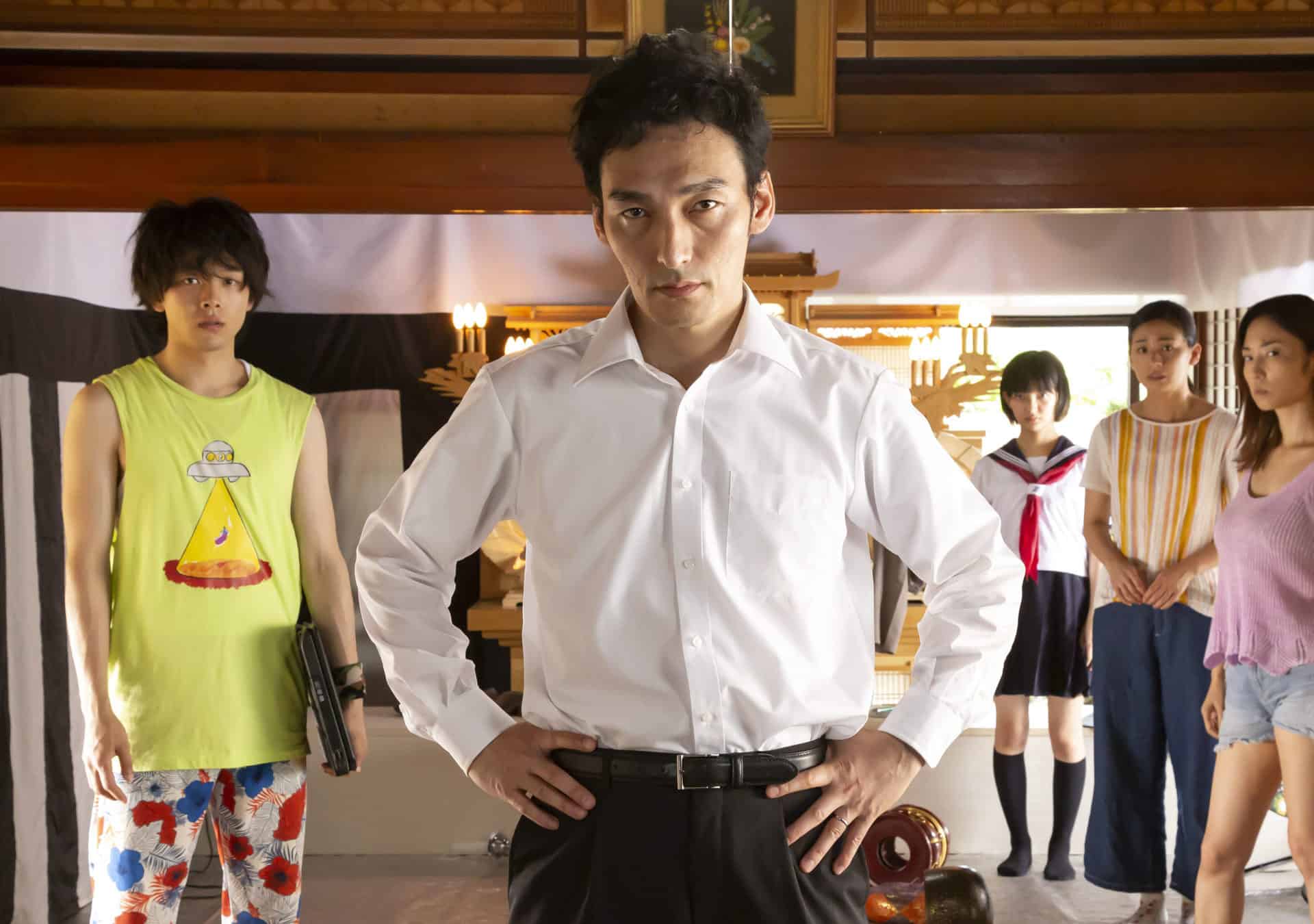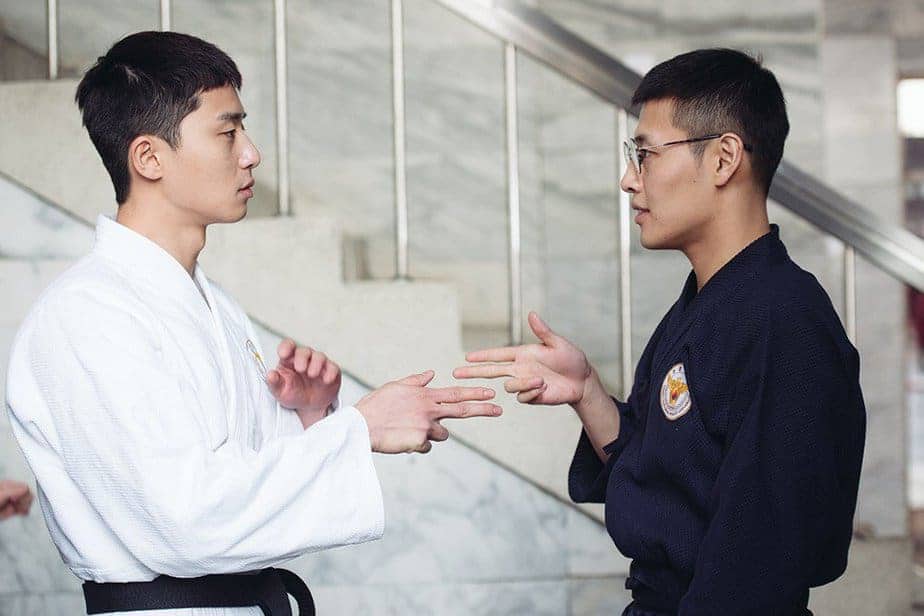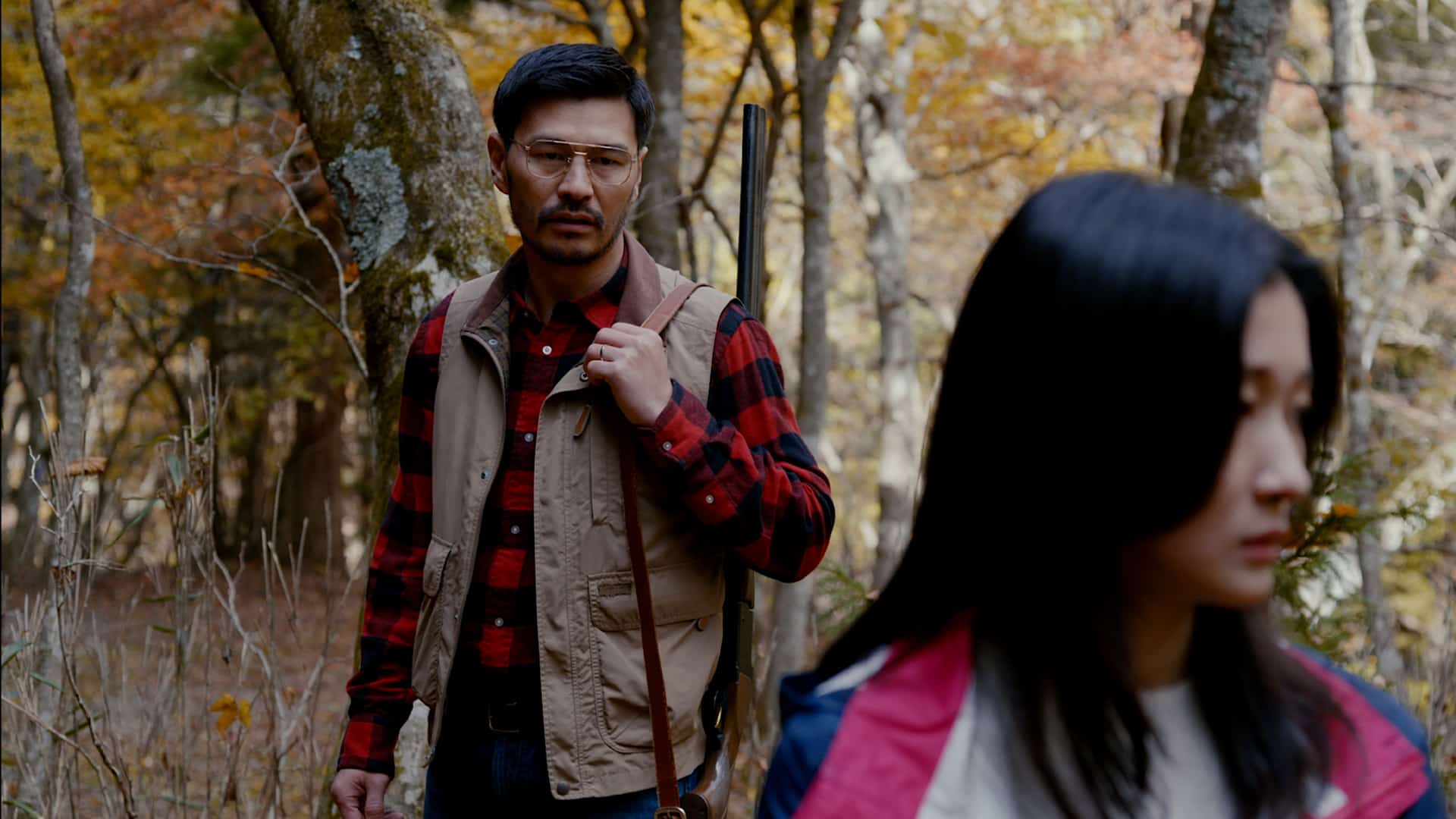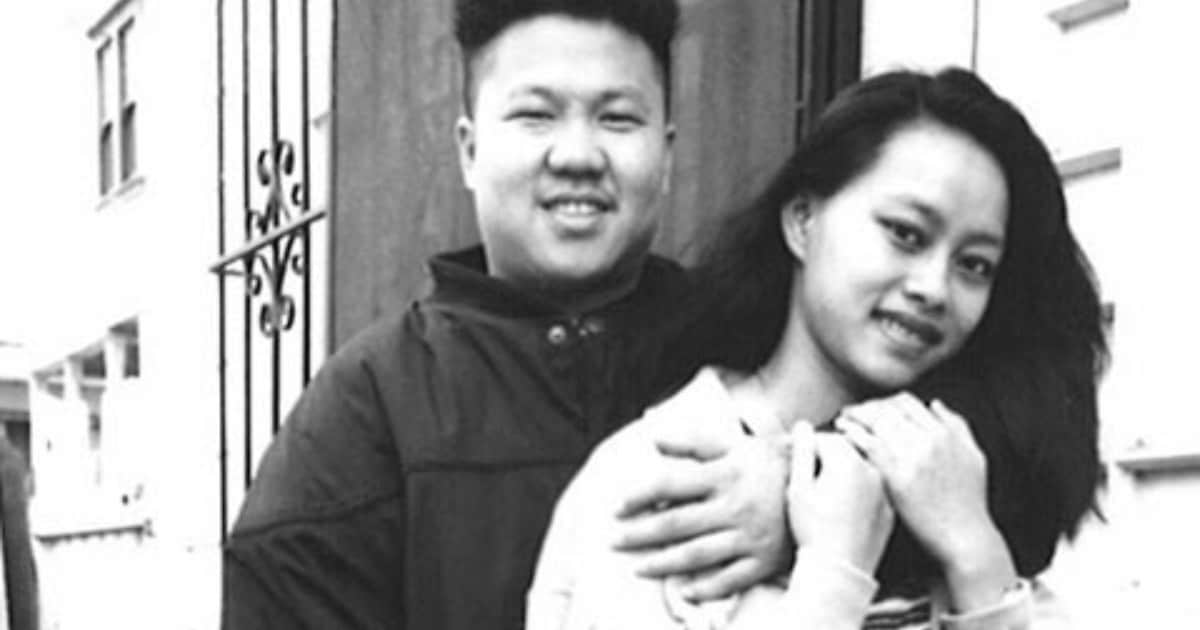When the history books are written to include modern world cinema, one name that is sure to be mentioned as a titan not just of Korean or Asian cinema, but cinema in general, will undoubtedly be that of South Korean maestro Lee Chang-dong. In a career spanning more than 25 years now, starting in the early days of the Korean New Wave all the way till the modern day, Lee has made a mere six feature films, almost all of which are generally considered among the finest. In their 2022 edition, the Jeonju International Film Festival held a retrospective of the celebrated director's works, which included 4k remastered versions of all of Lee's feature films, along with the world premieres of his new short “Heartbeat” and “Lee Chang-dong: The Art of Irony”, a new retrospective documentary by French director Alain Mazars.
Much like Lee's breakthrough sophomore work “Peppermint Candy”, the documentary too takes a trip, except this time it has Lee in tow and in front of the camera. This trip takes Lee, and with him the audience, down memory lane to his six features, including key shooting locations, where the director breaks down important scenes, character motivations and directorial decisions for each narrative. Also much like “Peppermint Candy”, this trip is also in reverse chronological form, starting from his latest 2018 release “Burning” going all the way back to his 1997 debut “Green Fish” and beyond into the 80s to his work as a scriptwriter and novelist.
However, where it was an important and effective narrative decision in “Peppermint Candy” (Lee himself says that the story is not flashbacks but a moving forward into the past), in the documentary it comes across rather gimmicky. But this doesn't take away from what Lee and a large number of important guests cover regarding the stories of each work, which is the highlight of the documentary. Mazars's camera is but a silent observer, with no on-screen questions asked, giving the allusion of all recollections from Lee and guests coming voluntarily from memory. the camera follows Lee to some key locations, like Shin-ae's apartment in “Secret Sunshine” (which is now a cafe), the opening location in “Poetry”, the rooftop of Gong-ju's apartment in “Oasis” as well as the stream with the bridges where “Peppermint Candy” begins and ends.
Lee himself provides important nuggets about character motivations and his decisions to direct scenes a certain way or even casting decisions, like including the train in the shot where Sol Kyung-gu exposes the film roll in “Peppermint Candy”, its final scene as well as that of “Secret Sunshine” or how he decided upon casting Moon So-ri in the very important and hard role of Hang Gong-ju in “Oasis”. Other guests include Oh Jung-mi, Lee's co-writer on “Burning” who provides some interesting insight into the sex scene in the feature and the leading stars of all the works, with the exception of Yoon Jeong-hee of “Poetry” and Han Suk-kyu in “Green Fish”. For these, the documentary includes Lee David and Moon Seung-geun respectively, both of who talk about their characters.
Where Sol Kyung-gu, Moon So-ri, Jeon Do-yeon and Yoo Ah-in all talk about their respective characters, their understanding of it and some of the difficulties they faced portraying their characters and shooting in the respective productions, Song Kang-ho is present even in the documentary to provide some humour as he talks about how he was afraid to go up to Jeon Do-yeon during the process for shooting “Secret Sunshine”. Additionally, the feature goes all the way back to the director's days as a novelist and how his literary works influenced the movies he made. And while this facilitates a brief delving into his youth, notably of how he talks about his sister suffering from cerebral palsy and how that set him on the path to telling stories for a living, the documentary doesn't really delve into Lee Chang-dong, the man, a little of which could have gone a long way for fans of the prolific director.
Despite that minor lack of insight, “Lee Chang-dong: The Art of Irony” is a worthy and satisfactory celebration of the man's body of work which highlights why it is so loved the world over, a truly fitting tribute to one of the greatest artists of the cinematic art form.


